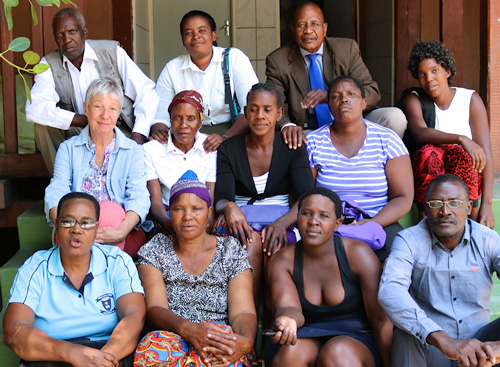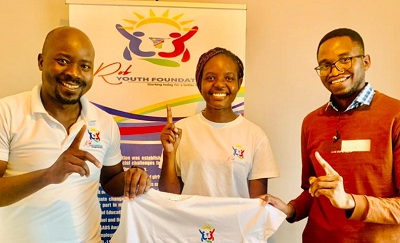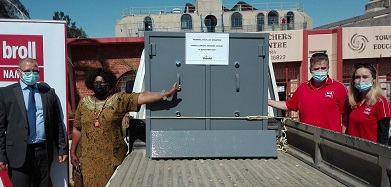
Zambezi communities discuss the need for cultural transformation to protect girls’ and women’s rights

The Women’s Leadership Centre (WLC) conducted a training Workshop on Human Rights and Culture llast week in Katima Mulilo, Zambezi Region.
Through this workshop the Centre created a platform for traditional leaders from three traditional authorities as well as community leaders and members from Libula and Chinchimane villages to engage with the local media on the need for cultural transformation in order to protect the rights of girls and women.
Participants were shocked to learn that over the past eight years, the HIV prevalence rate for women tested in Katima Mulilo in the bi-annual sentinel surveys of the Ministry of Health and Social Services was far higher than at any other testing site in the country.
They also learned that in 2016 the prevalence rate for women in the age group 25 to 49 years was 44.2 per cent in Katima Mulilo, compered to the national average of 24 per cent.
The media agreed that the cultural practices such as forcing young girls to stretch their labia minora and the initiation practice sikenge, which involves cutting and scarring girls’ bodies, beating girls and sexual readiness testing of girls by male relatives is child abuse and must be stopped to protect girls from violence and exposure to HIV/AIDS.
Traditional leaders and community members spoke out strongly against polygamy, forced marriage, widow inheritance, dry sex, widow cleansing and high prices for lobola stating that these practices violate women’s rights to control their own bodies and lives and therefore fuel the high prevalence of HIV in the Zambezi Region.
Participants welcomed the recent recommendation from three United Nations Human Rights Bodies to Namibia on the need to prevent harmful cultural practices and protect women’s rights. They particularly welcomed the fact that government has now adopted an action plan on the implementation of the recommendations of the CEDAW Committee, which monitors the implementation of the UN Convention on the Elimination of All Forms of Discrimination Against Women.
They also agreed that the media has an important role to play in promoting human rights through the transformation of culture. WLC has worked in Caprivi/Zambezi Region over the past twelve years on the need for prevention of harmful cultural practices that subject girls and women to violence and a high risk of exposure to HIV and Aids.












































